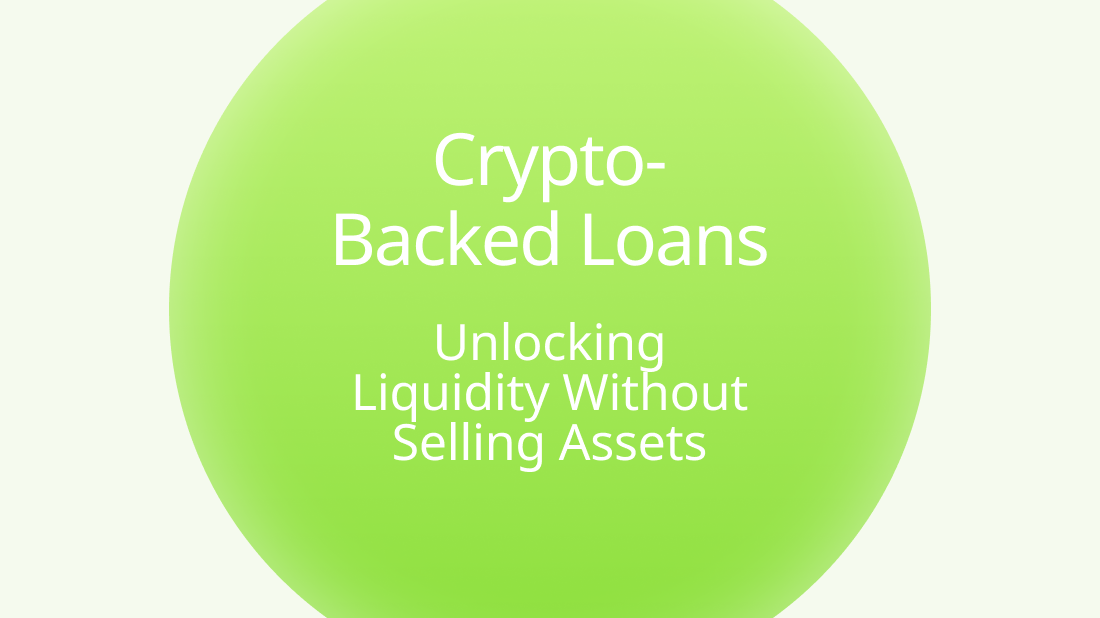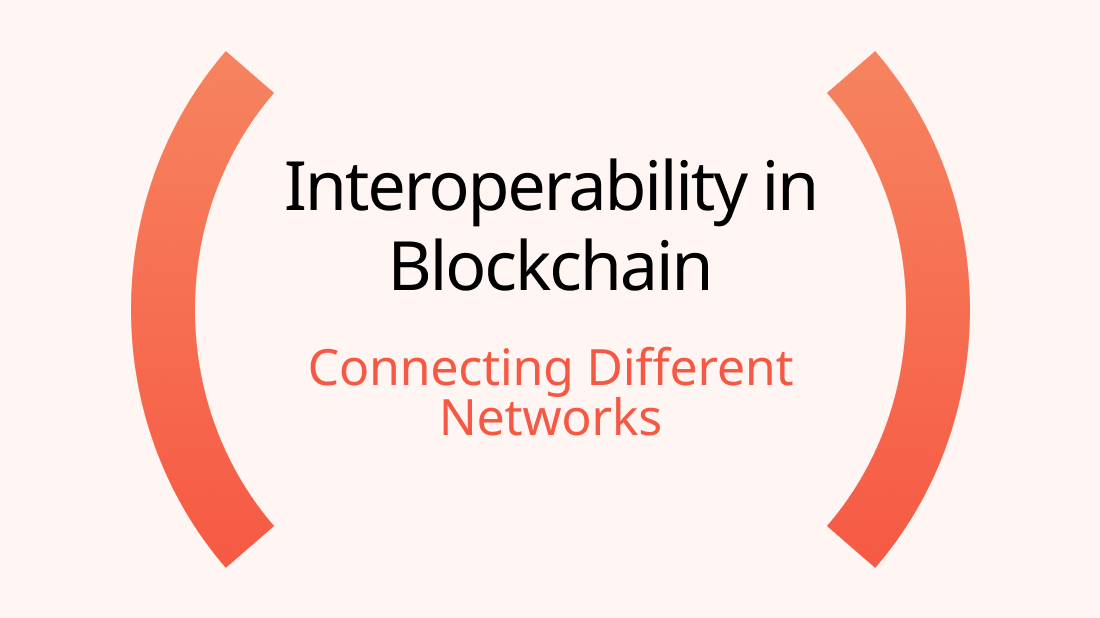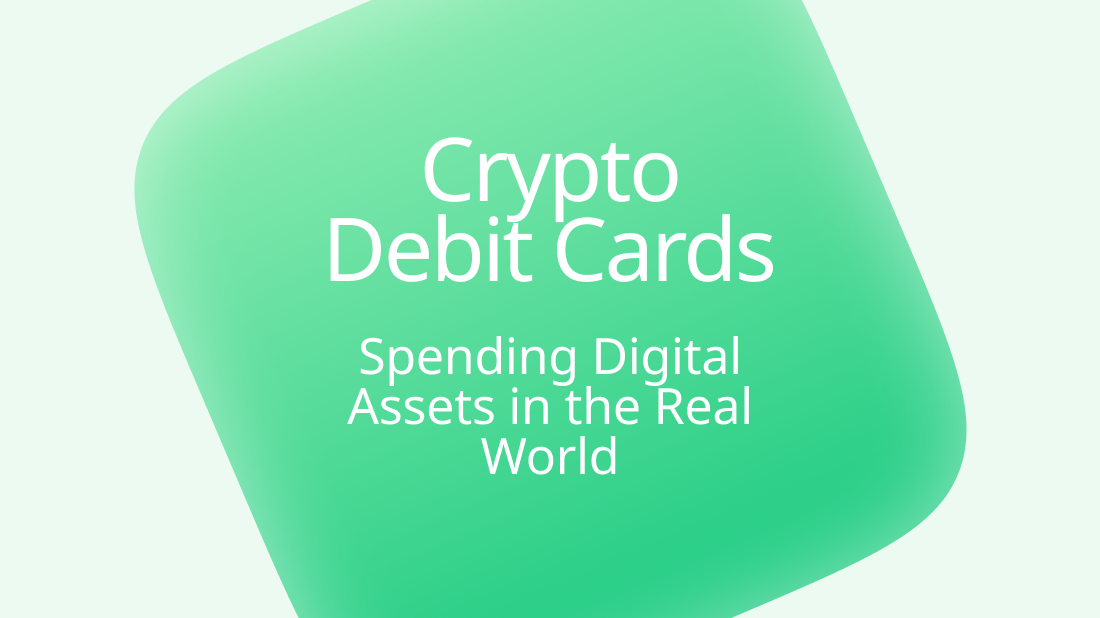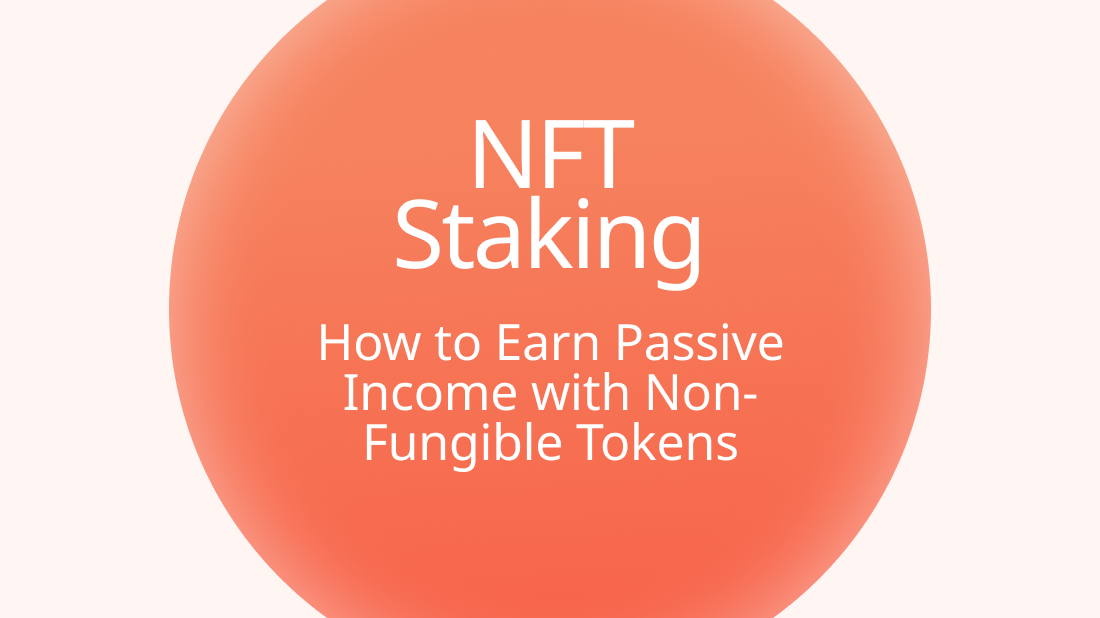Cryptocurrency and Real Estate: Tokenizing Property Investments
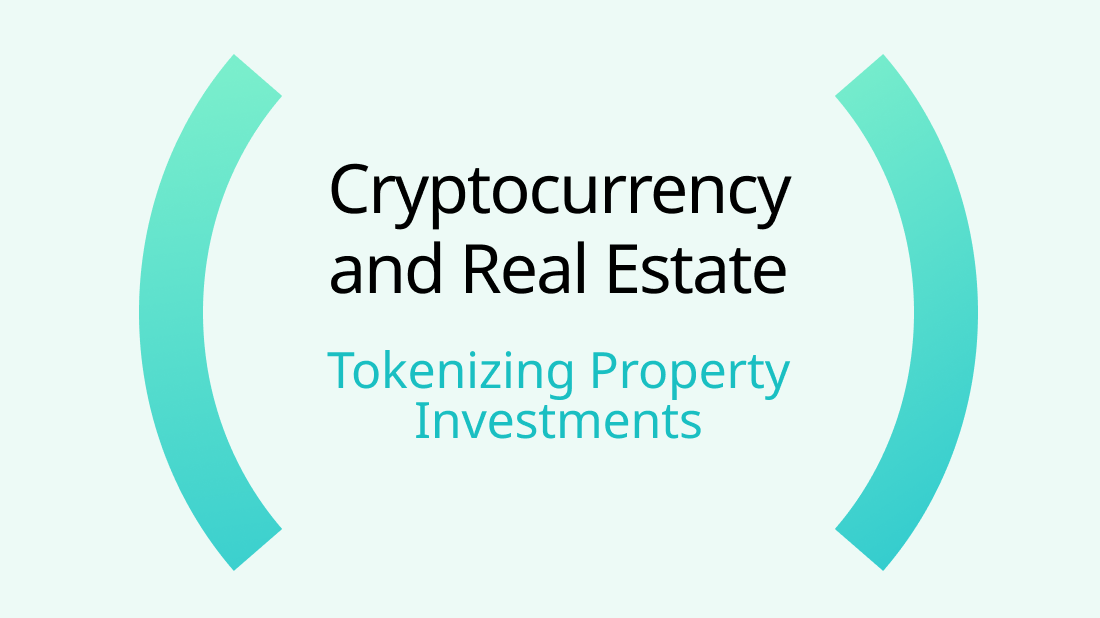
In recent years, blockchain technology has begun to permeate various sectors beyond its initial application in cryptocurrencies. One such sector is real estate, where tokenization of property investments is emerging as a revolutionary trend. By leveraging blockchain technology, property investments can be made more accessible, liquid, and transparent. This article delves into the concept of tokenizing real estate, its benefits, challenges, and potential to reshape the property investment landscape.
Understanding Tokenization of Real Estate
What is Tokenization?
Tokenization involves converting ownership rights of a physical asset into a digital token on a blockchain. In the context of real estate, this means representing ownership of a property, or a share of it, through digital tokens. Each token can represent a fractional share of the property, allowing investors to buy, sell, and trade these shares much like stocks.
How Does Tokenization Work?
- Asset Identification: A property is selected for tokenization.
- Legal Structuring: Ownership of the property is transferred to a legal entity, such as a Special Purpose Vehicle (SPV), which issues the tokens.
- Token Creation: Digital tokens representing shares of the property are created on a blockchain.
- Token Distribution: These tokens are offered to investors through a platform or exchange.
- Trading and Liquidity: Investors can trade tokens on secondary markets, providing liquidity that is traditionally absent in real estate investments.
Benefits of Tokenizing Real Estate
Increased Accessibility
Traditionally, real estate investments require significant capital, making them inaccessible to many investors. Tokenization allows for fractional ownership, enabling investors to buy smaller shares of high-value properties. This democratizes access to real estate investments, allowing more people to participate.
Enhanced Liquidity
Real estate is typically a highly illiquid asset class. Tokenization enables the trading of property shares on secondary markets, significantly enhancing liquidity. Investors can buy and sell tokens with ease, similar to trading stocks, providing greater flexibility and access to capital.
Transparency and Security
Blockchain technology ensures that all transactions are recorded on an immutable ledger. This transparency reduces the risk of fraud and enhances security, as ownership records are tamper-proof. Smart contracts can also automate processes such as rent collection and dividend payments, reducing administrative overhead.
Lower Costs
By eliminating intermediaries such as brokers and reducing paperwork, tokenization can lower transaction costs. Blockchain platforms can streamline processes, resulting in cost savings for both investors and property owners.
Challenges and Considerations
Regulatory Hurdles
Real estate is a heavily regulated industry, and the integration of blockchain technology introduces new regulatory challenges. Ensuring compliance with securities laws, property regulations, and taxation requirements is crucial. Regulatory frameworks are still evolving, and navigating these complexities can be challenging.
Technology Adoption
While blockchain offers numerous benefits, its adoption in real estate is still in its nascent stages. Many stakeholders, including property owners, investors, and regulators, need to be educated about the technology and its advantages. Building trust and understanding will be essential for widespread adoption.
Market Volatility
Cryptocurrencies and digital tokens are known for their volatility. This volatility can impact the value of tokenized real estate shares, making them a riskier investment. Implementing stablecoins or other mechanisms to mitigate this risk can help stabilize the market.
Notable Projects and Platforms
RealT
RealT is a platform that allows investors to purchase fractional ownership of rental properties in the United States. The platform issues tokens on the Ethereum blockchain, representing shares in individual properties. Investors receive rental income proportional to their ownership, distributed through smart contracts.
Propy
Propy is a global real estate marketplace that facilitates property transactions using blockchain technology. The platform enables cross-border transactions and offers a tokenization service that allows property owners to convert their assets into digital tokens.
Harbor
Harbor is a platform that specializes in the tokenization of private securities, including real estate. The platform provides compliance tools to ensure that tokenized assets adhere to regulatory requirements, making it easier for property owners to tokenize their holdings.
Future Prospects
Expansion of Use Cases
As the technology matures, we can expect to see a broader range of real estate assets being tokenized, including commercial properties, vacation rentals, and even land. Tokenization could also facilitate the creation of real estate investment trusts (REITs) on the blockchain, further expanding investment opportunities.
Integration with DeFi
Decentralized finance (DeFi) offers additional avenues for tokenized real estate. For instance, property tokens could be used as collateral for loans or staked to earn interest. The integration of real estate with DeFi platforms could unlock new financial products and services.
Global Real Estate Market
Tokenization has the potential to open up global real estate markets to a wider audience. Investors from anywhere in the world could purchase shares in properties located in different countries, fostering cross-border investment and diversification.
Conclusion
The tokenization of real estate represents a significant advancement in how property investments are managed and accessed. By leveraging blockchain technology, tokenization offers increased accessibility, enhanced liquidity, and greater transparency. While challenges remain, including regulatory hurdles and market volatility, the potential benefits make it an exciting development in the world of real estate and cryptocurrency. As the industry evolves, tokenizing property investments could become a standard practice, revolutionizing the way we buy, sell, and manage real estate assets. With continued innovation and adoption, the future of real estate investments looks promisingly digital.



